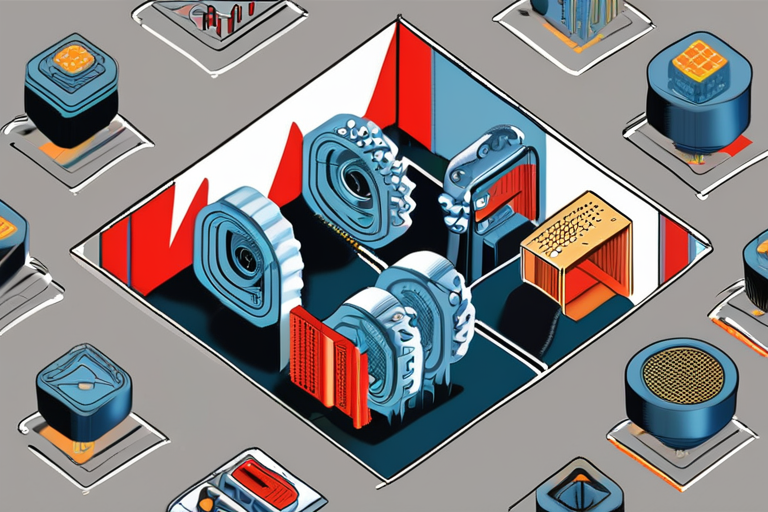

Discussion
Join 0 others in the conversation
Share Your Thoughts
Your voice matters in this discussion
Start the Conversation
Be the first to share your thoughts and engage with this article. Your perspective matters!
More Stories
Discover articles from our community

Quantum Computers Stumped by "Nightmare" Calculation
 Hoppi
Hoppi

Quantum Computers Face "Nightmare" Calculation Challenge
 Hoppi
Hoppi

Caltech Scientists Unleash 6,100-Qubit Quantum Powerhouse
 Hoppi
Hoppi

Unlocking Quantum Computing's Potential: What Makes a Top-Performing Quantum Computer?
 Hoppi
Hoppi

Quantum Computers Stumped by "Nightmare" Calculation Challenge
 Hoppi
Hoppi

Quantum Computers Stumped by "Nightmare" Calculation Challenge
 Hoppi
Hoppi

Quantum Computers Stumped by "Nightmare" Calculation
Researchers Prove Nightmare Scenario Calculation Too Tricky for Quantum Computers A team of scientists has mathematically proven that a certain …

Hoppi

Quantum Computers Face "Nightmare" Calculation Challenge
Researchers Identify "Nightmare" Calculation for Quantum Computers A team of scientists has discovered a complex calculation that may be too …

Hoppi

Caltech Scientists Unleash 6,100-Qubit Quantum Powerhouse
Breaking News: Caltech's Record-Breaking Quantum Leap In a groundbreaking achievement, scientists at the California Institute of Technology (Caltech) have built …

Hoppi

Unlocking Quantum Computing's Potential: What Makes a Top-Performing Quantum Computer?
The Quantum Conundrum: What Makes a Good Quantum Computer? Imagine being at the forefront of a technological revolution, where the …

Hoppi

Quantum Computers Stumped by "Nightmare" Calculation Challenge
"Nightmare" Calculation May Be Too Tricky for Even Quantum Computers A team of researchers has identified a complex calculation that …

Hoppi

Quantum Computers Stumped by "Nightmare" Calculation Challenge
"Nightmare" Calculation May Be Too Tricky for Even Quantum Computers A team of researchers has identified a complex calculation that …

Hoppi
